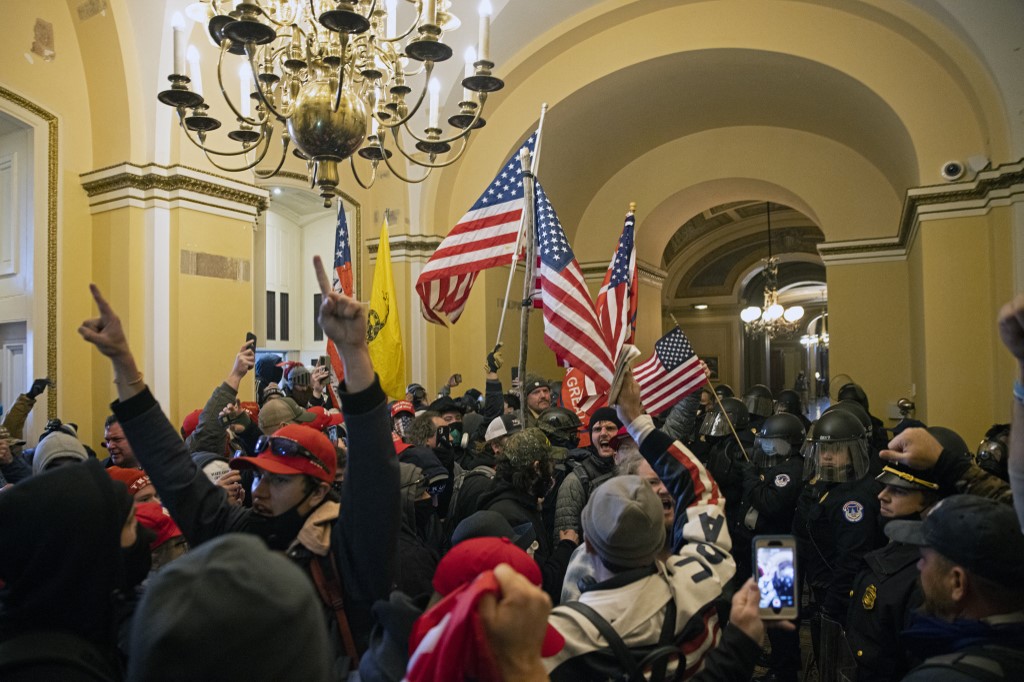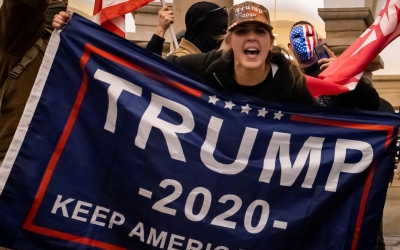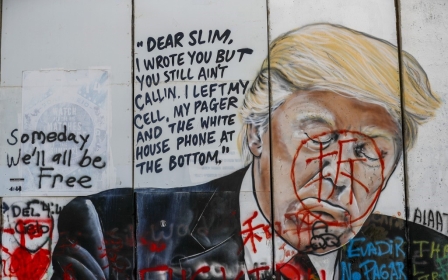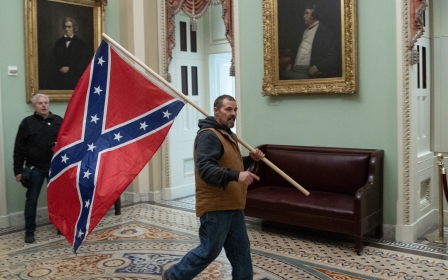American democracy was under threat long before the Capitol Hill attack
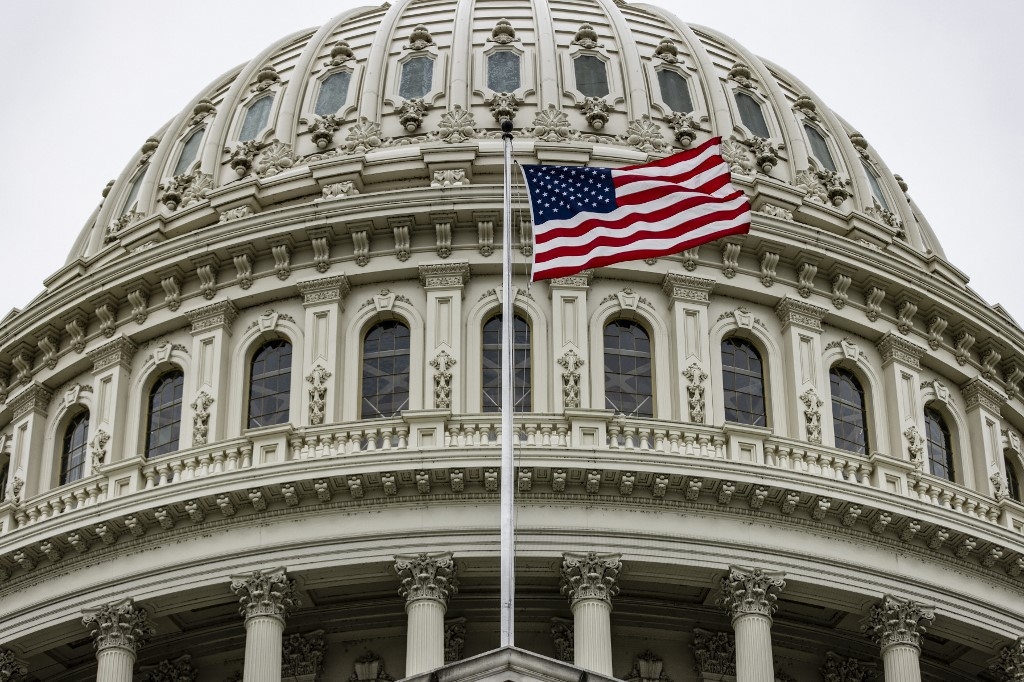
As part of the official investigation into the 6 January 2021 attack on Capitol Hill, former US President Donald Trump adviser, Steve Bannon, was recently charged with criminal contempt of Congress for refusing to cooperate with the dramatic proceedings.
The former president and his Republican allies are resisting this investigation into the pro-Trump mob that stormed the halls of Congress to prevent the formal declaration of President Joe Biden as the winner of the 2020 election.
Americans are deeply troubled that a massive gang of militant hoodlums attacked the citadel of their democracy. They have every reason to be sad, frightened and embarrassed in front of the world at large.
Americans must take a few steps back from the shock of 6 January and ask themselves: is this really the first and only time their democratic institutions have been under attack?
They also have good reason to worry about the future of democracy in their homeland. They freely and fairly elected a rank charlatan as their leader, and he spent four years systematically dismantling any shred of credibility and decency in their political system.
The screaming thugs climbing the steps of Capitol Hill looked, felt and remain quite ominous. Americans, both liberal and conservative, have historically attributed such scenes to what they contemptuously dismiss as “banana republics” - and yet, their own beloved country was suddenly exposed to be very similar, if not worse.
But Americans must take a few steps back from the shock of 6 January and ask themselves: is this really the first and only time their democratic institutions have been under attack, compromised or discredited?
Wielding power
In fact, democratic institutions in the US were under attack long before 6 January, and they will continue to be long after that traumatic day. But these assailants don’t come looking like shamans and barbarians. They come clean, showered and shaved, properly attired in business suits, perhaps looking gaudy but perfectly respectable. Their clean shirts are ironed and buttoned-down, with matching ties, crisp pants and jackets.
They speak softly, produce their business cards and offer other credentials. They greet security officers, exchange pleasantries, know their ways to the offices of US lawmakers, arrive on time, do their rounds, leave on time, and move on to the next luncheon appointment. They are lobbyists. They work for a living.
Unlike the racist thugs who stormed the Capitol, lobbyists wield infinitely more power to corrupt the way a democracy works. Indeed, American democracy is compromised on an ongoing basis by interest groups, Wall Street executives, the gun lobby, the fossil fuel industry, and the Israel lobby. This was the reality long before a gang of buffoons invaded Capitol Hill.
The invasion of the US Capitol by lobbyists has had global consequences. In a major study titled “Wall Street, Capitol Hill, and K Street: Political Influence and Financial Regulation” (2014), two International Monetary Fund officials, Deniz Igan and Prachi Mishra, detailed “the link between the political influence of the financial industry and financial regulation in the run-up to the global financial crisis”, citing a connection between lobbying activities and the type of predatory deregulation that wreaked havoc on the global economy.
Invading the Capitol
To be sure, the lobbying activities of pro-Israel groups, the fossil fuel industry, gun advocates or Wall Street executives are perfectly legal; it is business as usual in the world of US politics. The formation of voluntary associations is protected by the US Constitution. But who actually gets to lobby, and for what nefarious purposes - from land theft to destroying the environment? It is here that the power of money and privilege come into play.
These lobbies can be confronted through the power of mobilisation, as we have seen through the Black Lives Matter movement or the Women’s March. Such organisations can try to compensate for the power and resources they lack through their impressive numbers, along with their presence in the streets - but in the current context, the game is rigged against them.
Unfortunately, we have reached a point where corporate lobbyists have overtaken the country’s major democratic institutions. Pharmaceutical companies literally control matters of life and death, securing massive profits for themselves while ensuring a miserable subsistence for vulnerable communities.
In 2015, the Atlantic reported that corporations spend more on lobbying (about $2.6bn annually) than the total costs of funding the House and Senate combined.
That is the real storming of the Capitol, but there is no ongoing investigation into the lobbyist invasion and occupation of the citadel of American democracy - not just on 6 January 2021, but 365 days a year.
The views expressed in this article belong to the author and do not necessarily reflect the editorial policy of Middle East Eye.
Middle East Eye propose une couverture et une analyse indépendantes et incomparables du Moyen-Orient, de l’Afrique du Nord et d’autres régions du monde. Pour en savoir plus sur la reprise de ce contenu et les frais qui s’appliquent, veuillez remplir ce formulaire [en anglais]. Pour en savoir plus sur MEE, cliquez ici [en anglais].



